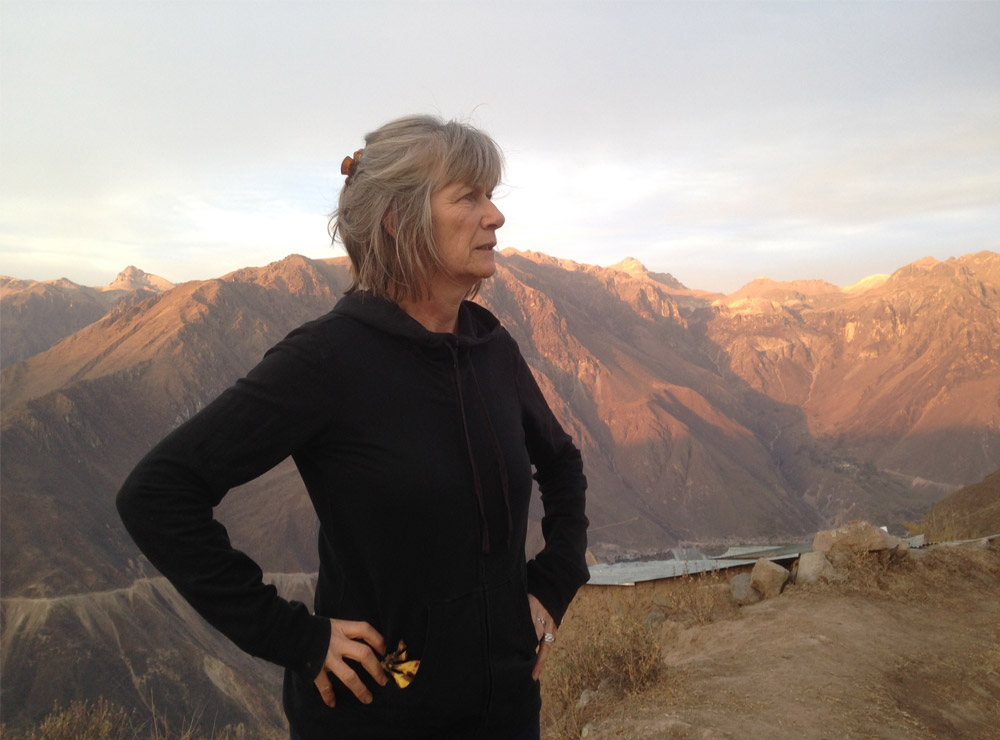International working

2016 was the 400th anniversary of the deaths of both Shakespeare and Cervantes, two giants of world literature. British Council and Hay Festival published an excellent anthology of contemporary stories inspired by both writers, and I made a contribution as one of the British writers inspired by Cervantes. An unforeseen bonus was that throughout the year I did some international work with the British Council and Hay to publicise the book, but also to have a world-wide conversation about the influence of both writers. I undertook trips to Colombia, Spain, Peru, Mexico and Trinidad and Tobago. By the end of the year I had undergone radical change. I have new inspiration and drive, but it is deeper than that: the last year has affected my work more radically.
The first trip was to Colombia. In Cartagena, as part of the Hay Festival, I worked with the British Council’s scheme Elipsis, which identifies talented writers and editors from all over Colombia and supports their development. The scheme is carefully set up to be inclusive, and participants came from all over the country, from all backgrounds; this is something remarkable in such a socially divided country.
I met the participants the day before our workshop in the shade of a white cloistered building: we talked about the events we had seen at the festival and the particularly wide range of ideas being shared. And then we talked of their own work: we talked of the importance of being brave and bold, and of having faith in their own voices and their own stories.
Following the workshop the next day, one writer asked to speak to me. She talked about my book, The Colour of Milk, which is about an illiterate young woman in 1831 who is taught, at great cost, to read and write by the vicar who employs her as a maid. The young woman was visibly moved and struggled to tell her story. She lived in Amazonia, she explained, and this was her first time out of her region. The book, she said… then she started to cry. The book, she finally told me, was the exact story of her mother’s life. Her mother was born in a village and was illiterate. She worked as a maid and, like many others in her position, was abused.
The young woman told me that after she had read the book in one sitting, she took her mother out onto the verandah where they were surrounded by green, where the rain fell onto leaves and roofs. She read the book out loud to her still-illiterate mother. She read her own mother’s story back to her.
This small exchange affected me deeply: my novel was set in my imagination, inspired by the village I grew up in, and by the past situation of women in the English countryside. And here I was on the other side of the world, hearing that the story I invented, set in the past, was the exact story of a woman brought up deep in the Colombian rain forest, and is the exact story which still continues throughout Latin America. It taught me about the power of story, and about how much we take for granted: the ability to read, and the ability to write, to express our own inner lives upon a page.
(read the whole article at International Literatures Showcase)